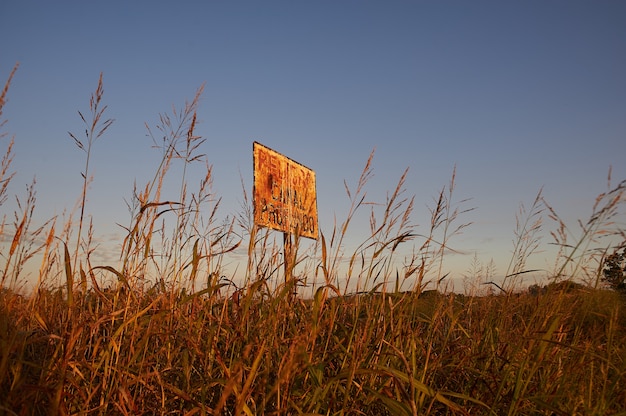Fascinating Facts about the Great Plains

The Great Plains cover a vast area that extends from Canada to Mexico.
The region is known for its wide-open spaces and expansive flatlands.
The Great Plains are home to some of the largest herds of bison in North America.
Sioux Indians once inhabited the Great Plains and relied on buffalo for survival.
The Badlands National Park in South Dakota is part of the Great Plains.
Tornadoes are common in the Great Plains due to its location in Tornado Alley.
The Great Plains have some of the richest soil in the world, making it ideal for agriculture.
The Great Plains are home to diverse wildlife, including pronghorn antelopes, coyotes, and prairie dogs.
The region is known for its stunning sunsets and vast open skies.
The Great Plains experienced severe droughts during the Dust Bowl in the 1930s.
It is believed that the Great Plains were once covered by a shallow inland sea.
The Black Hills, a small mountain range, are located in the Great Plains.
The Great Plains are a major source of wind energy due to the consistent strong winds.
The region is characterized by tall grasses, which provide habitat for numerous species.
The Great Plains are one of the most important bird migration routes in North America.
The Lewis and Clark Expedition passed through the Great Plains on their journey to the Pacific.
The Great Plains are home to numerous Native American tribes, each with their unique cultures.
Fascinating Facts about the Great Plains part 2
The region is an important agricultural center, producing crops such as wheat, corn, and soybeans.
The Great Plains have a continental climate, with hot summers and cold winters.
The region is known as America’s Breadbasket due to its significant contribution to food production.
The Black-footed Ferret, one of the most endangered mammals in North America, is native to the Great Plains.
The Great Plains were once covered by vast grasslands, which provided habitat for large herds of grazing animals.
The region has rich oil and natural gas deposits, leading to significant energy production.
The Great Plains are a popular destination for outdoor recreation, including hiking and wildlife viewing.
The region is rich in Native American history and cultural heritage.
The Great Plains are home to several national parks, including Theodore Roosevelt National Park.
The Santa Fe Trail and Oregon Trail both passed through the Great Plains during westward expansion.
The Great Plains are known for their strong sense of community and hospitality.
The region is a popular hunting destination, with opportunities to hunt deer, elk, and pheasants.
The vast prairies of the Great Plains provide important grazing land for cattle.
The Great Plains have been heavily impacted by human activities, including overgrazing and habitat loss.
The region is known for its extreme weather, with temperature fluctuations and storms.
The Great Plains have a mystical beauty, with endless horizons and a sense of tranquility.
The Great Plains are crossed by several major rivers, including the Missouri and Mississippi.
The region has a rich fossil record, with numerous dinosaur skeletons and fossils discovered.
The Great Plains are home to several unique geological formations, including the Badlands and Devil’s Tower.
The Great Plains have inspired many artists, writers, and photographers with their stark beauty.
The region is an important flyway for migratory birds, providing critical resting and feeding areas.
The Great Plains are a great place for stargazing due to the lack of light pollution.
The region offers incredible opportunities for outdoor adventures, such as horseback riding and canoeing.
The Great Plains are known for their wildflowers, with vibrant blooms covering the prairies in spring.
The region has a rich Native American storytelling tradition, with tales passed down through generations.
The Great Plains offer stunning landscapes in every season, from golden fields in the summer to snow-covered prairies in winter.
The Great Plains played a significant role in the expansion of the United States and the development of the West.
The region’s wide-open spaces and untouched nature provide a sense of freedom and peace.

